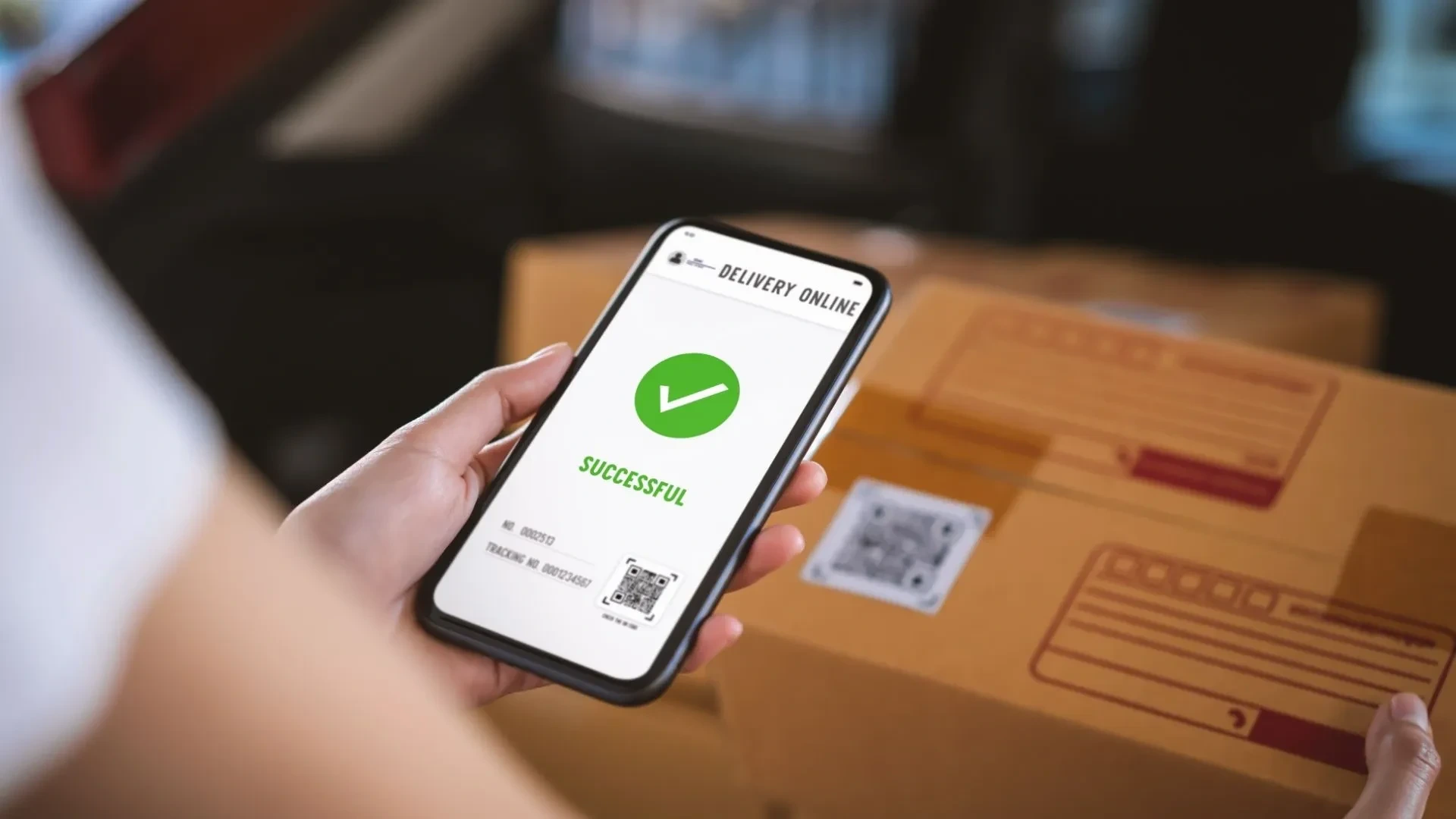Python Logistics Automation: Optimizing Delivery and Operations

Our client, a global logistics company managing over 50,000 shipments daily across multiple regions, needed a technology-driven upgrade. Their business included freight forwarding, warehousing, and last-mile delivery. As customer demand for faster and more transparent delivery grew, their legacy systems began to fail. Manual tracking and outdated processes made it difficult to provide real-time updates or resolve issues quickly. That’s where Python logistics automation came into play.
The Challenge
The logistics industry is fast-paced, and inefficiency can lead to massive losses. The client faced several challenges:
- Manual shipment tracking that often resulted in errors and delays in updates.
- Inefficient route planning without data-driven optimization, leading to wasted fuel and time.
- High customer dissatisfaction due to late or lost shipments.
- Staff overloaded with repetitive tasks such as paperwork, reports, and invoices.
Why Python for Logistics Automation?
Cloudester selected Python as the core technology because it is highly flexible and integrates easily with APIs, IoT devices, and third-party systems. Python offers rich libraries for data analysis, optimization, and machine learning. Frameworks such as Django and Flask accelerate development, while Python’s scalability ensures that the system can handle thousands of daily transactions.
This made Python logistics automation the ideal solution to modernize operations and meet customer expectations.
Our Python Solution
Cloudester designed a logistics automation platform tailored for the client’s unique needs:
- Real-time shipment tracking dashboard built with Flask that connected with GPS and IoT devices, enabling customers to monitor shipments live.
- Route optimization engine developed using Python libraries like NetworkX and machine learning algorithms, identifying the fastest and most fuel-efficient delivery paths.
- Automated invoice generation and reporting using Python scripts, significantly reducing manual workload.
- Customer communication module powered by Python, sending real-time notifications on delays, ETAs, and shipment status updates.
Results Achieved
The impact was measurable and transformative:
- Delivery times improved by 30% due to optimized routes.
- Manual paperwork was reduced by 50%.
- Customer complaints dropped by 40% within the first three months.
- Operational costs decreased by nearly 20% annually.
- Employees were free to focus on higher-value work instead of repetitive tasks.
Business Impact
The company not only streamlined efficiency but also gained a reputation for innovation. Customers valued the transparency of real-time tracking, and the business became more agile, ready to scale quickly into new markets.
Conclusion
Python proved to be the perfect fit for logistics automation. With Cloudester’s expertise, the company successfully transformed outdated manual processes into a modern, automated logistics ecosystem.
Looking to optimize your supply chain with Python logistics automation? Contact Cloudester at [email protected]








